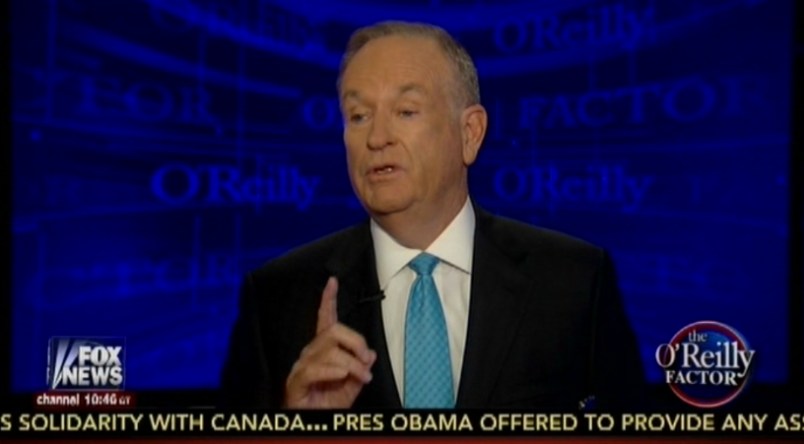There’s what some might call a bit of a divide about what is really plaguing voting in the United States: voter fraud or voter disenfranchisement.
By a huge margin, people who consider Fox News their most trusted TV news source say that “people casting votes who are not eligible to vote” is the bigger problem while most people who trust other news stations (CNN, broadcast news, or public television) say that eligible voters who are denied the right to vote is the bigger issue in voting today.
That’s according to a post-2014 midterm election survey conducted by the Public Religion Research Institute and discussed at the Brookings Institution on Wednesday.
The survey found that 76 percent of those surveyed who said they consider Fox News their most trusted TV source of news think people casting votes who are not eligible to vote is the bigger problem in U.S. elections today. Thirty-seven percent of people who picked CNN, 28 percent who picked broadcast news, and 26 percent who picked public television agreed.
On the flip side, just 12 percent of those surveyed who said Fox News is their most trusted TV news source said eligible voters being denied the right to vote is the bigger problem. Fifty-one percent who picked CNN, 48 percent who picked broadcast news, and 51 percent who picked public television agreed.
It’s clearly a partisan divide, the study found. Eighteen percent of Democrats picked voter fraud while 64 percent picked voter disenfranchisement. By contrast 68 percent of Republicans picked voter fraud while 16 percent picked voter disenfranchisement.
The survey from Brookings was meant as one of the many post-election postmortems aimed at figuring out just what exactly happened in the 2014 midterms. An important finding in the survey was how concerns on Ebola and terrorism factored into the election. Candidates like former Sen. Scott Brown (R), running in New Hampshire, now-Sen.-elect Thom Tillis (R-NC), and now-Sen.-elect Joni Ernst (R-IA) were eager to link Ebola and terrorism to their Democratic opponents and President Barack Obama.
The survey found that people who were worried about Ebola were far more likely to vote for the Republican candidate while people who weren’t worried about Ebola were more likely to support the Democratic candidate. Thirty-four percent of those who said they were worried about Ebola said they supported the Democratic candidate while 55 percent said they supported the Republican candidate. Among people who weren’t worried, 48 percent said they supported the Democratic candidate while 43 percent said they supported the Republican candidate.
With terrorism the comparisons were similar. Sixty-one percent who said they were worried about terrorism supported the Republican candidate while 32 percent supported the Democratic candidate. But among those who weren’t worried about terrorism, 51 percent said they would support the Democratic candidate while 39 percent said they would support the Republican candidate.
The full report can be read here.







…an intended consequence.
So repeating a falsehood over and over leads some people to believe it?
I am shocked! SHOCKED I say!
Allowing Fox News viewers to cast votes is the biggest problem.
“One party is the party of Fear and one party is the party of Fair.” General Wesley Clark, Ret.